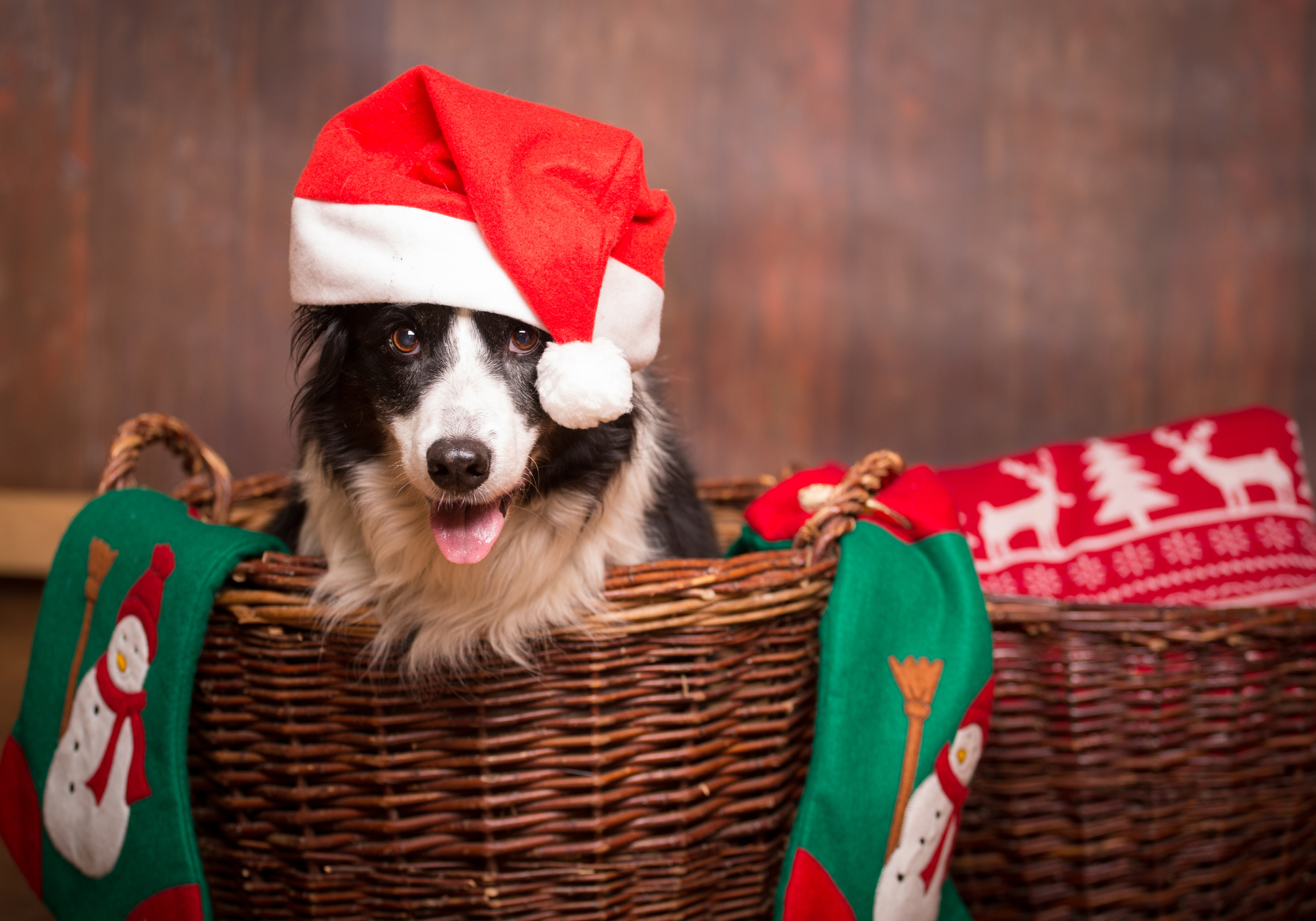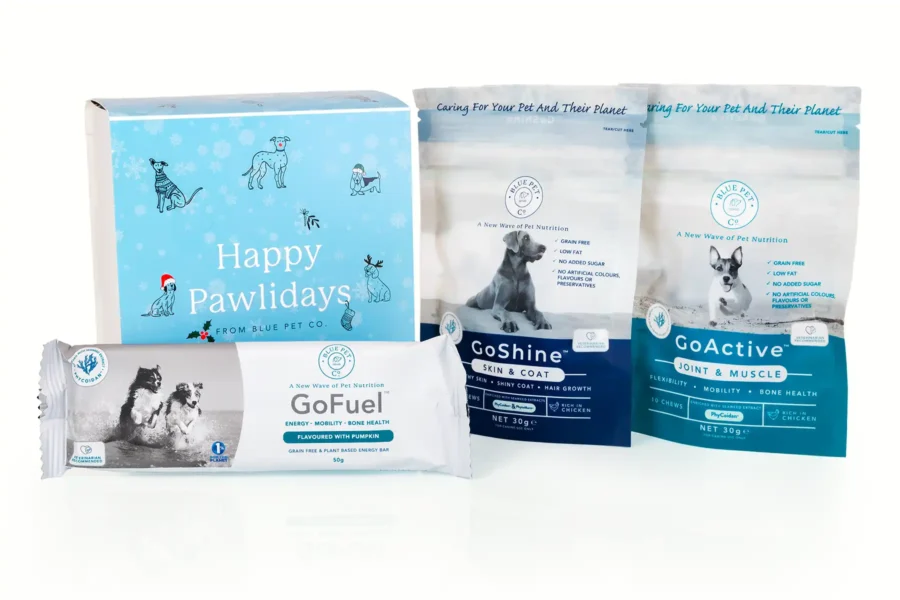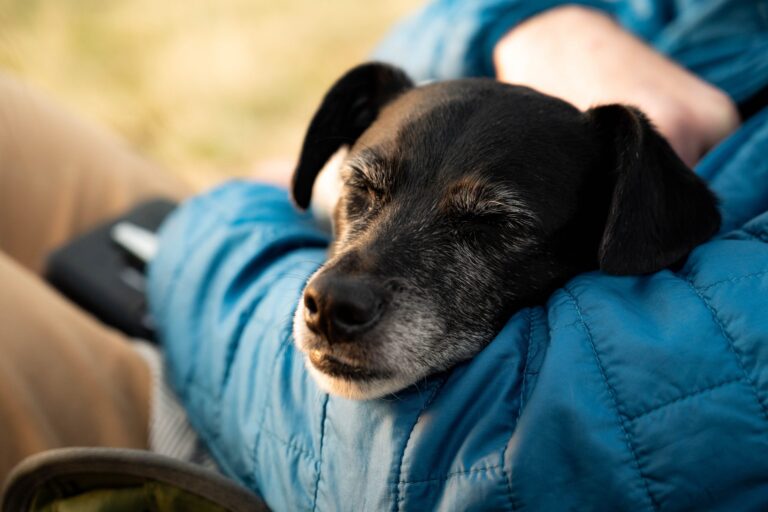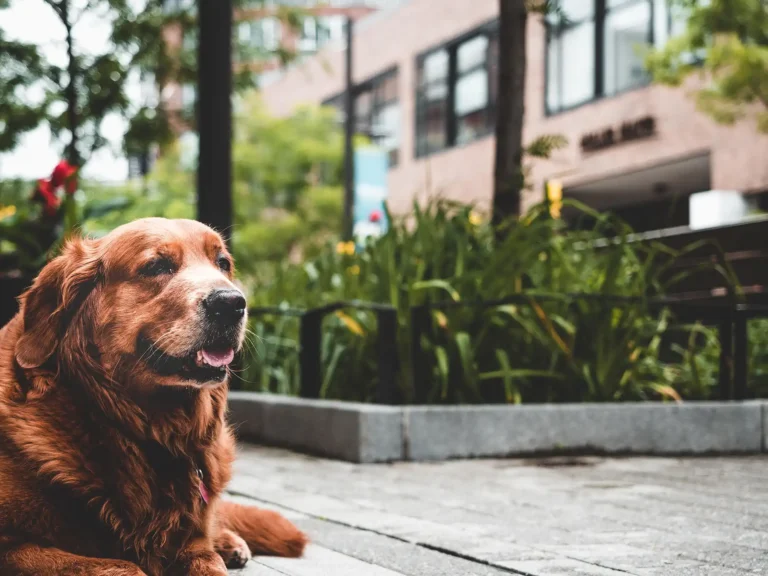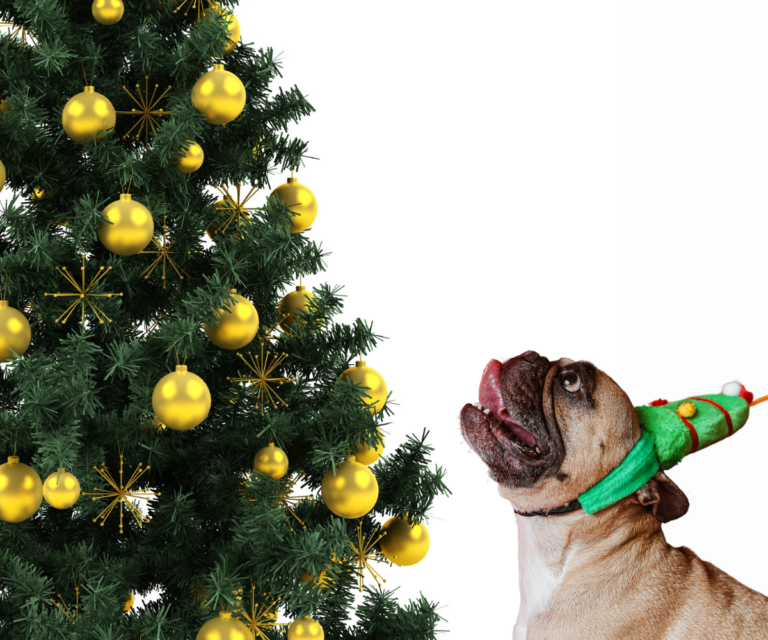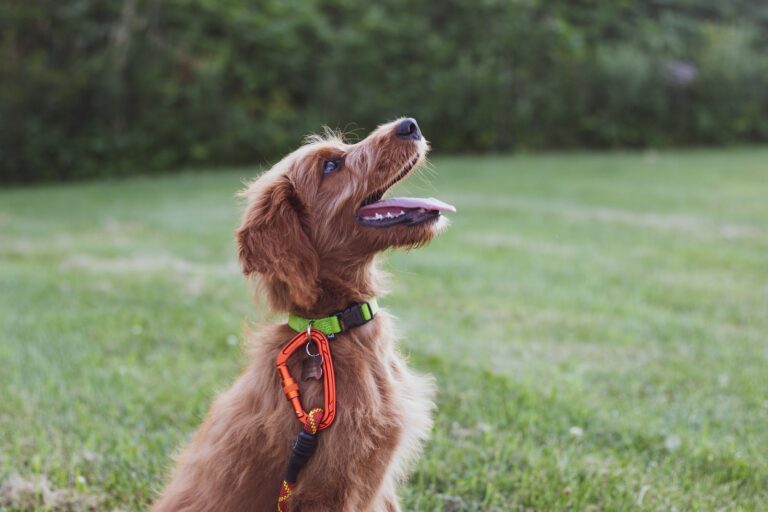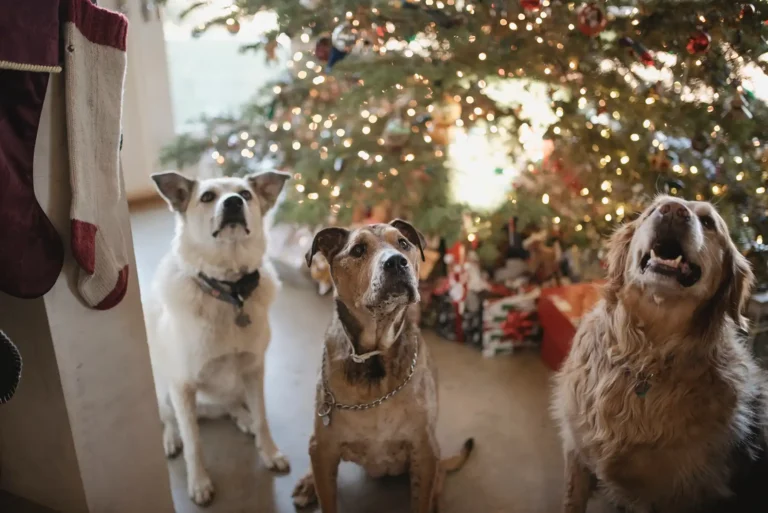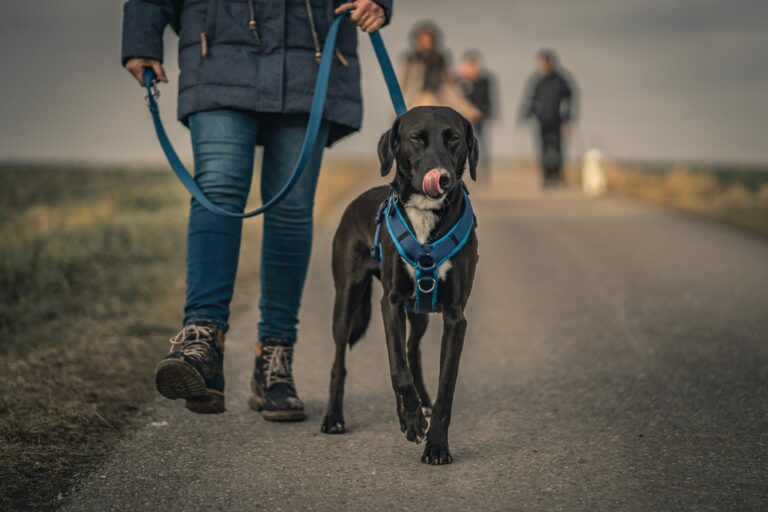The Do’s and Don’ts of feeding your dog Christmas food.
The festive season brings joy, laughter, and an array of delicious foods that tempt many, including our furry friends. However, while it’s easy to want to share a taste of the holidays with your dog, not all festive foods are safe for their consumption. Understanding what can be shared and what should be avoided is essential to keep your pet healthy and happy during celebrations.
Christmas dinners often feature an abundance of traditional dishes that may pose hidden dangers to dogs, from tempting desserts to rich gravies. Certain foods can lead to serious health complications, while others can enhance your dog’s meal to make them feel included in the festivities. Knowing the right balance can transform your holiday experience into a joyful gathering for both humans and pets alike.
In this article, we will explore the do’s and don’ts of feeding your dog Christmas food, highlight safe options, examine harmful ingredients to avoid, and provide tips for creating a safe and inclusive holiday atmosphere for your beloved canine companion. Let’s ensure this festive season is a joyful celebration for every member of the family!
Safe Foods for Dogs During Christmas
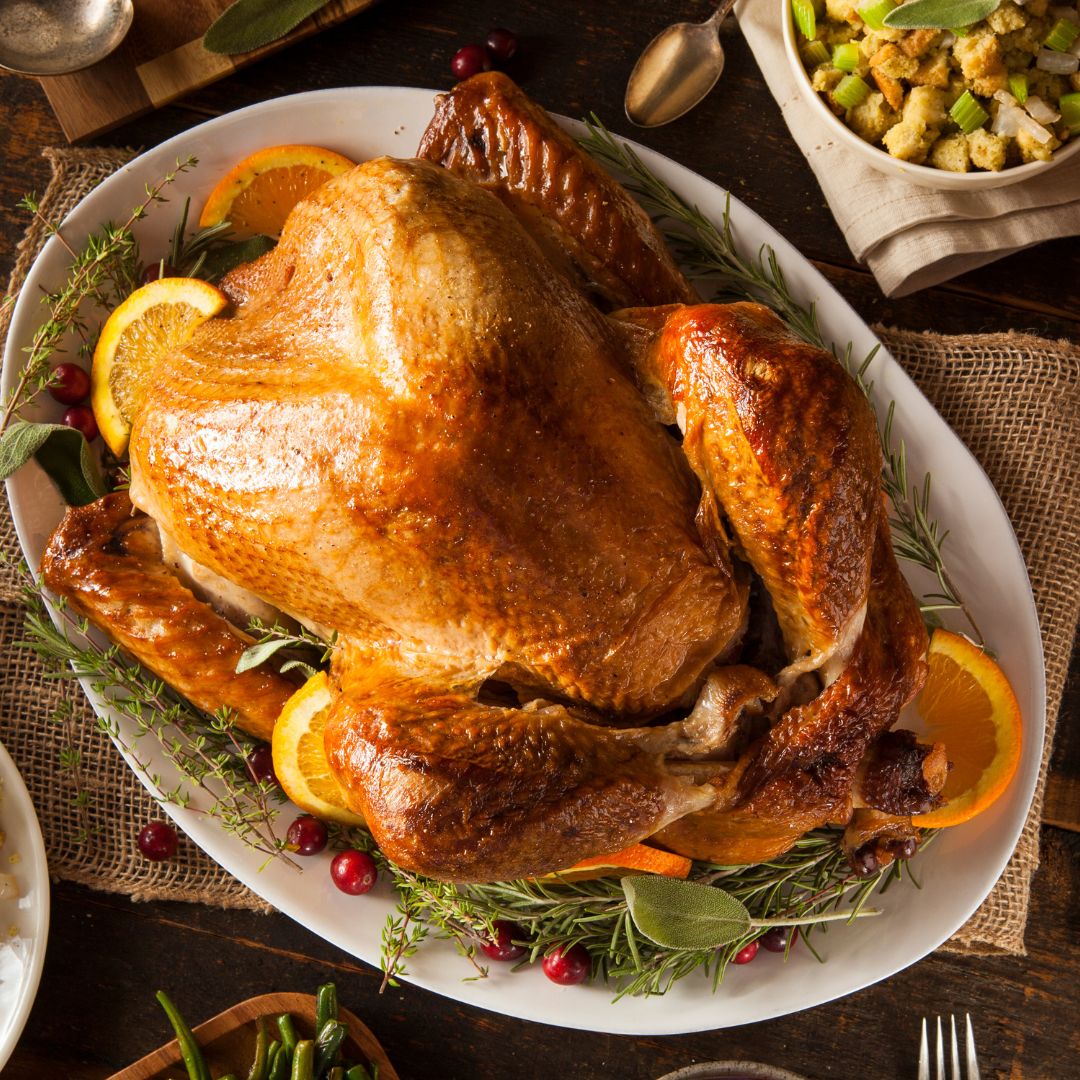
Lean Meats: Turkey and Chicken
Turkey and chicken are excellent choices for dogs. Stick to white meat without skin or seasoning. Remove all bones to prevent choking hazards. Both lean meats are nutritious and can make your pup feel included in the celebration. Remember to serve them plain and in small portions.
Vegetables: Carrots and Green Beans
Vegetables make a healthy treat for your dog. Carrots and green beans are good options that are both safe and nutritious. They are low in calories and provide essential vitamins. Just make sure they are cooked plain with no added salt or butter. These veggies can be offered as a crunchy snack or mixed with your dog’s regular food.
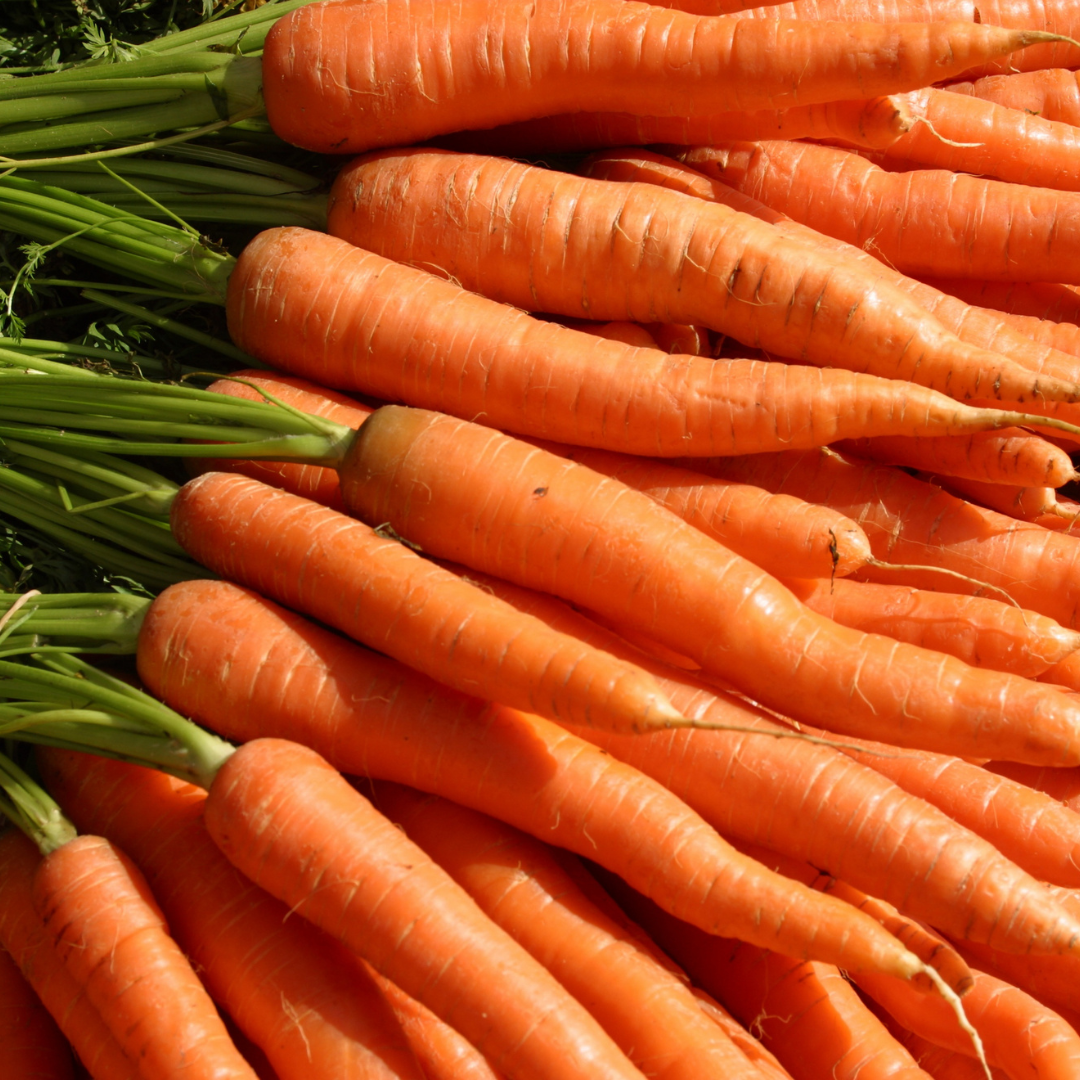
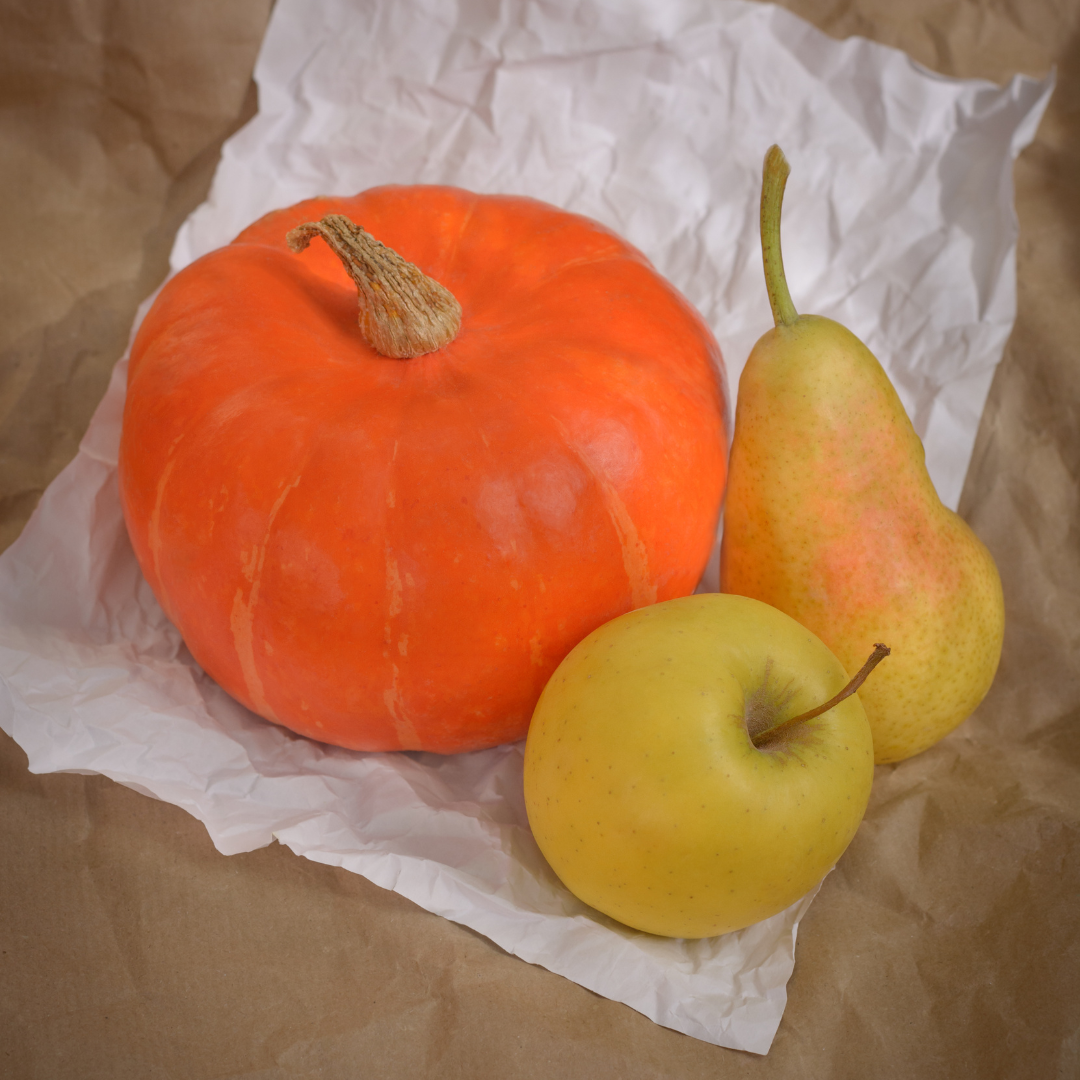
Fruits: Pears and Pumpkins
Pears and pumpkins are safe fruits that add variety to your dog’s diet. Remove the seeds and core before giving pears to your dog. Pumpkin, particularly when cooked and pureed, is good for digestion. It can be mixed with your dog’s regular meals. Both of these fruits should be given in moderation to avoid any stomach issues.
When feeding your dog Christmas food, always keep an eye on portions and ingredients. If you’re unsure about any food item, consult your vet for advice. This will help keep your pet safe and healthy during the festivities.
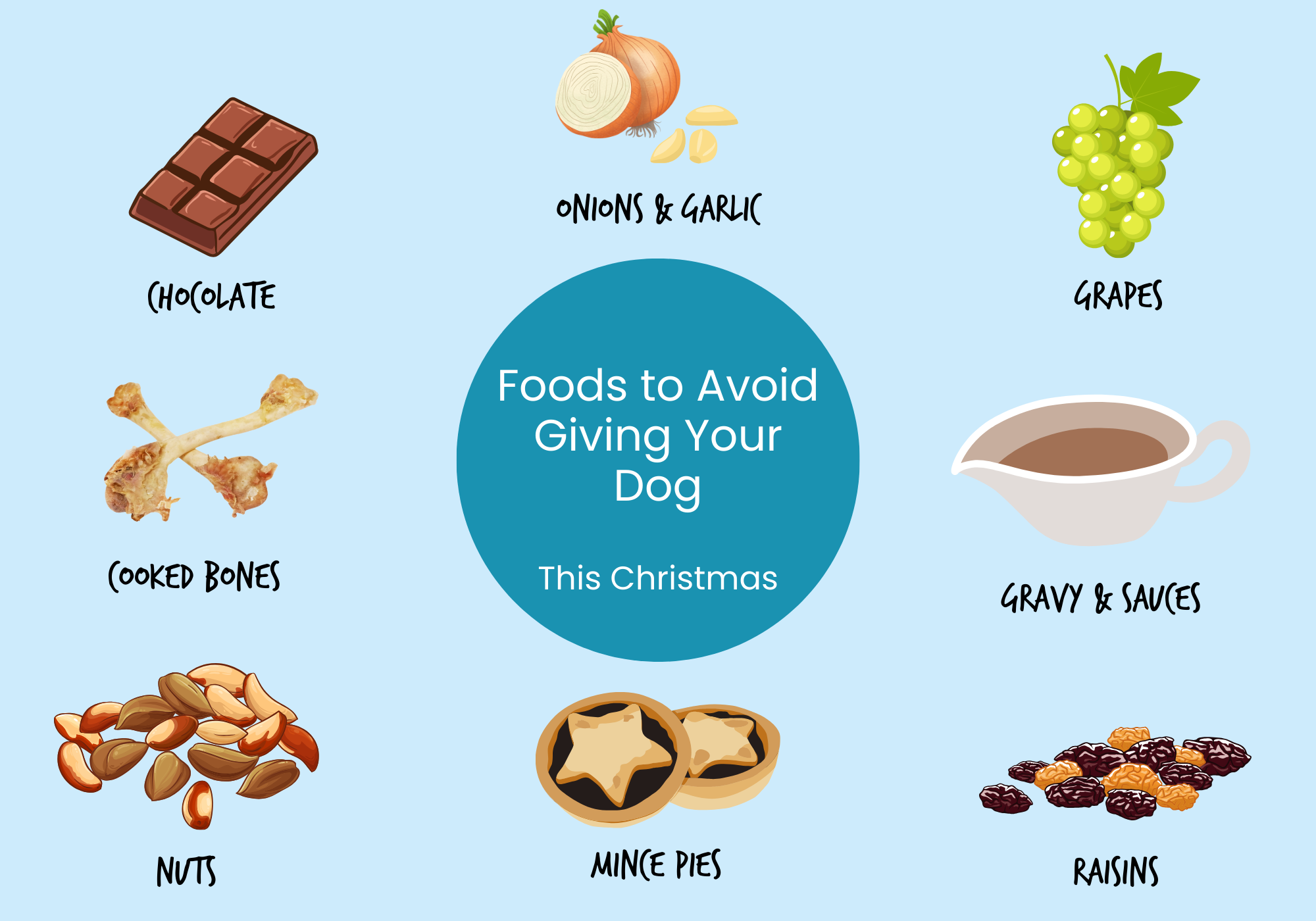
The Dangers of Chocolate and Dogs
Chocolate contains theobromine, which is toxic to dogs. Even a small amount can cause problems like vomiting and diarrhoea. In higher doses, it can lead to seizures or heart issues. Always keep chocolate treats out of your dog’s reach.
Onions and Garlic: Hidden Dangers
Onions and garlic, part of the allium family, are harmful to dogs. These ingredients can damage red blood cells, leading to anemia. Avoid letting your dog consume any form of onions or garlic, whether raw or cooked.
Grapes and Raisins: A Risky Treat
Grapes and raisins can cause severe kidney damage in dogs. Even a small quantity can be harmful. It’s best to ensure that these fruits never make it into your dog’s mouth.
The Hazard of Gravies and Rich Sauces
Gravies and rich sauces often contain high levels of fat and spices, which are not good for dogs. They can upset your dog’s stomach or lead to more serious conditions like pancreatitis. Stick to plain cooked potatoes or lean meat instead.
Holiday Treats: The Risks of Mince Pies
Mince pies might be a festive favourite, but they are a danger to dogs. They typically contain raisins, currants, and sometimes alcohol, all of which are harmful. Keep these pies on the human side of the table.
Nut-Laden Snacks and Their Impact on Dogs
Nuts, especially macadamias, can cause weakness, vomiting, and tremors in dogs. Other nuts are also high in fat, which can lead to health problems. If your dog wants a snack, a small amount of dog-safe peanut butter can be a better choice.
Cooked Bones: A Choking Hazard
While raw bones are often safe, cooked bones can splinter and cause injuries. They can become a choking hazard or block the digestive tract. If you want to treat your dog with bones, it’s crucial to consult your vet for advice first.
By keeping these guidelines in mind, you can ensure a safe and happy holiday meal for your dog.
Tips for Ensuring a Safe Christmas for Your Dog
Monitor Your Dog’s Stress Levels
The holiday season can be loud and busy, which might stress your dog. Watch for signs like barking, hiding, or pacing. If your dog seems stressed, offer them a quiet space away from the noise. Play calming music or give them a favourite toy to help them relax.
Keep Harmful Decorations Out of Reach
Decorations like tinsel, lights, and ornaments can be dangerous for dogs. Keep them out of reach to prevent choking or other injuries. Try hanging fragile items high up on the tree. You can also use pet-safe decorations made from wood or fabric.
Designate a Safe Eating Space for Your Dog
Create a special spot for your dog to eat away from the holiday feast. This helps prevent them from grabbing any unsafe food scraps. Make sure their food is safe and healthy. Here are some safe and unsafe foods for dogs at Christmas:
| Safe Foods | Unsafe Foods |
| Lean meat (cooked turkey) | Foods from the allium family (onions, garlic) |
| White meat | Chocolate |
| Cooked potatoes | Cranberry sauce with added sugar |
| Peanut butter (unsalted) | Alcohol |
| Raw bones | Cooked bones |
Remember, if you’re unsure about feeding your dog certain foods, consult your vet for advice. Enjoy the festivities while keeping your dog safe and healthy.
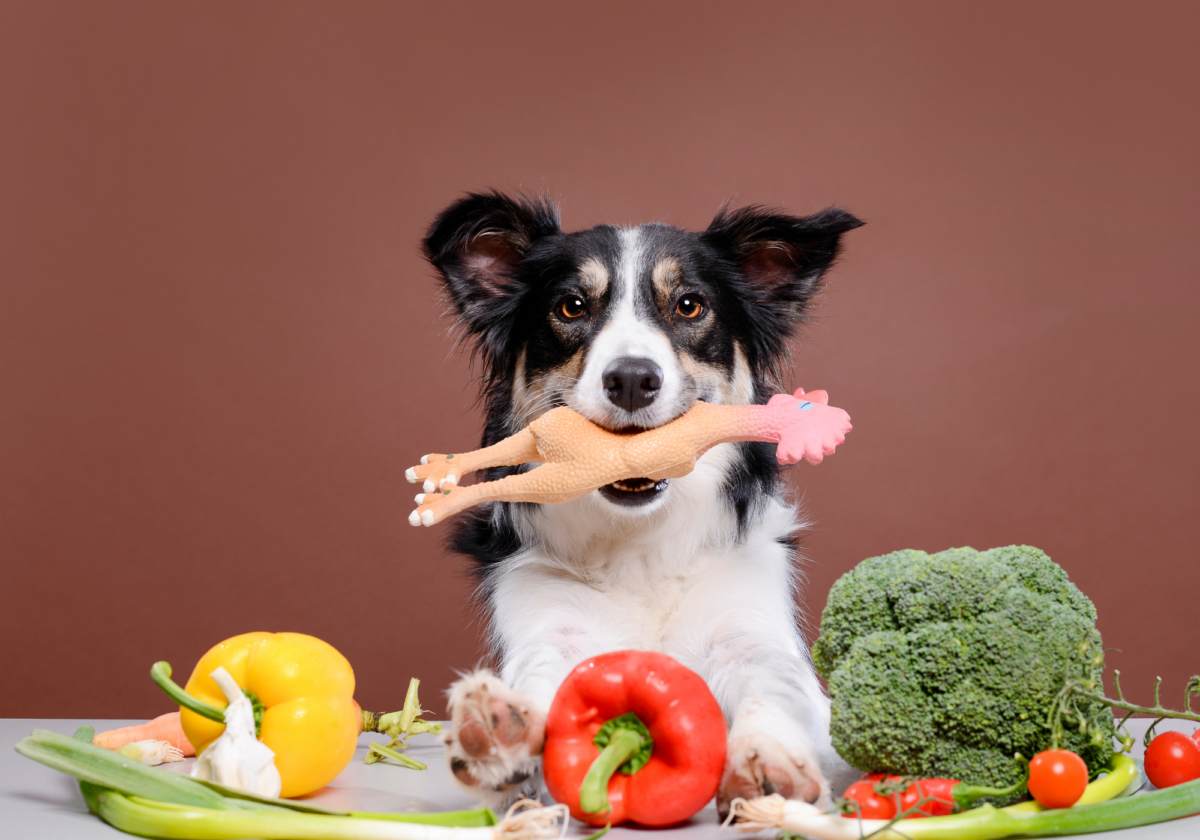
Dog-Friendly Recipes for the Holidays
Preparing dog-friendly recipes during the holidays can be simple and fun. Here are two easy ideas:
- Turkey and Sweet Potato Bites:
- Mix cooked turkey with mashed, plain sweet potatoes.
- Form into small balls and bake until firm.
- Carrot and Peanut Butter Cookies:
- Combine grated carrots, peanut butter (xylitol-free), and whole wheat flour.
- Shape into cookies and bake at 350°F for about 15 minutes.
Ensure these treats complement your dog’s usual diet to avoid digestive upsets.
Treat and keep them healthy this Christmas with our Christmas Box
Creating a Special Dog-Safe Treat Bowl
Create a festive treat bowl that your dog can enjoy safely.
Suggested Ingredients:
- Cubed Lean Meat: Chicken or turkey, fully cooked and unseasoned.
- Chopped Cooked Potatoes: Without skins or any added ingredients.
- Green Beans: Fresh or cooked without added salt.
Balanced Treat Bowl Example:
| Ingredient | Amount |
| Lean Meat | 1/4 cup |
| Cooked Potatoes | 1/4 cup |
| Green Beans | 1/4 cup |
This combination provides a variety of flavours your dog will love, while keeping them safe. Always monitor portion sizes to avoid overfeeding. During this festive season, treat your pup with care and love by sticking to safe, healthy options.
Conclusion: Enjoying the Holiday Season with Your Pet
The holiday season is a time for joy, and sharing it with your pet can make it even more special. When indulging your dog with festive treats, remember a few key do’s and don’ts to ensure their safety.
Do’s:
- Offer lean or white meat like turkey or chicken as a protein-packed treat.
- Cooked potatoes can be a tasty addition if offered in moderation.
- Dogs often enjoy a safe amount of plain cranberry sauce as a sweet treat.
- Peanut butter makes a delightful snack, but ensure it’s free from xylitol.
Don’ts:
- Avoid foods from the allium family like onions and garlic, which can cause health issues.
- Skip raw bones, as they can splinter and cause harm.
- Consult your vet for advice if uncertain about feeding certain foods.
Your pet’s well-being during your holiday feast is important. By following these guidelines, you can safely share in the festive fun. Always remember, when in doubt, ask your vet for advice. Enjoy a happy and safe holiday with your furry friend!
